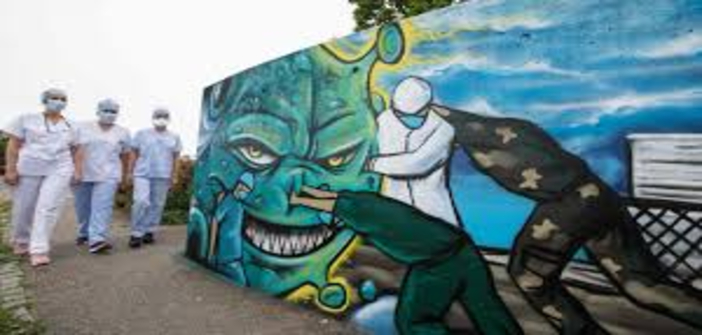(Editor’s note) At a time when the “Ségur de la Santé” is announcing a profound reform of the healthcare system, it is interesting to record a voice that is both “professional” and “political”.
It allows for the expression of two sensitivities and experiences that need to be complementary: the desirable and the possible.
While the Coronavirus crisis has highlighted the extraordinary capacity for reactivity, adaptability, and mobilization of healthcare professionals in urban and healthcare facilities, it has also spotlighted the extreme fragility of an exhausted French healthcare system. For years, the structure has been teetering amidst the culpable indifference of our political leaders, more concerned with short-term results (i.e., electoral deadlines) than with a genuine long-term public health policy. For years, doctors and paramedics, oscillating between despair and anger, have been sounding the alarm with the feeling of preaching in the desert. Today, it is impossible to avoid an in-depth debate on prevention, hospital governance, access to care, the role of city medicine, the place of territorial communities, etc.
These projects cannot be conceived without the involvement of all healthcare professionals, both public and private, and patients. In recent years, the latter have been referred to as “users.” Without delving into a semantic discussion, I find this terminology reductive in its dictionary definition, “a person who uses a service.” Every citizen must find their place, not as a mere consumer, but as a true actor in a healthcare system to be rebuilt. It is fashionable to employ participatory democracy in all aspects. Today, let us commit to the path of a truly rediscovered and reinvented health democracy.
Health democracy should enable the greatest number of people to become actors in a health project for our country. Reflection must focus on involving as many people as possible in the development, implementation, and evaluation of health policies, particularly on the local level. The past few weeks have demonstrated that local decision-making, in addition to major national decisions, represents a guarantee of efficiency in times of major crisis. My proposition does not argue for questioning the authorities in charge of the files, the legitimacy of elected officials, or the role of experts. The challenge lies in the active involvement of informed, valued, and responsible citizens who feel they are collectively participating in a truly global health policy. Undertaking healthcare reform cannot happen without trust, and regaining trust demands transparency. The adherence of the French public to this project cannot occur without collective participation in its development, implementation, and evaluation.
Participatory health democracy cannot be satisfied with committees for show or grand technocratic ceremonies. If the responsiveness and efficiency of territorial communities represent one of the major lessons of the health crisis, all actors and citizens must be involved through a genuine health democracy to build a new healthcare system.
Dr. Hervé CAEL
Secretary General of the Regional Council of the Order of Physicians (South PACA)


